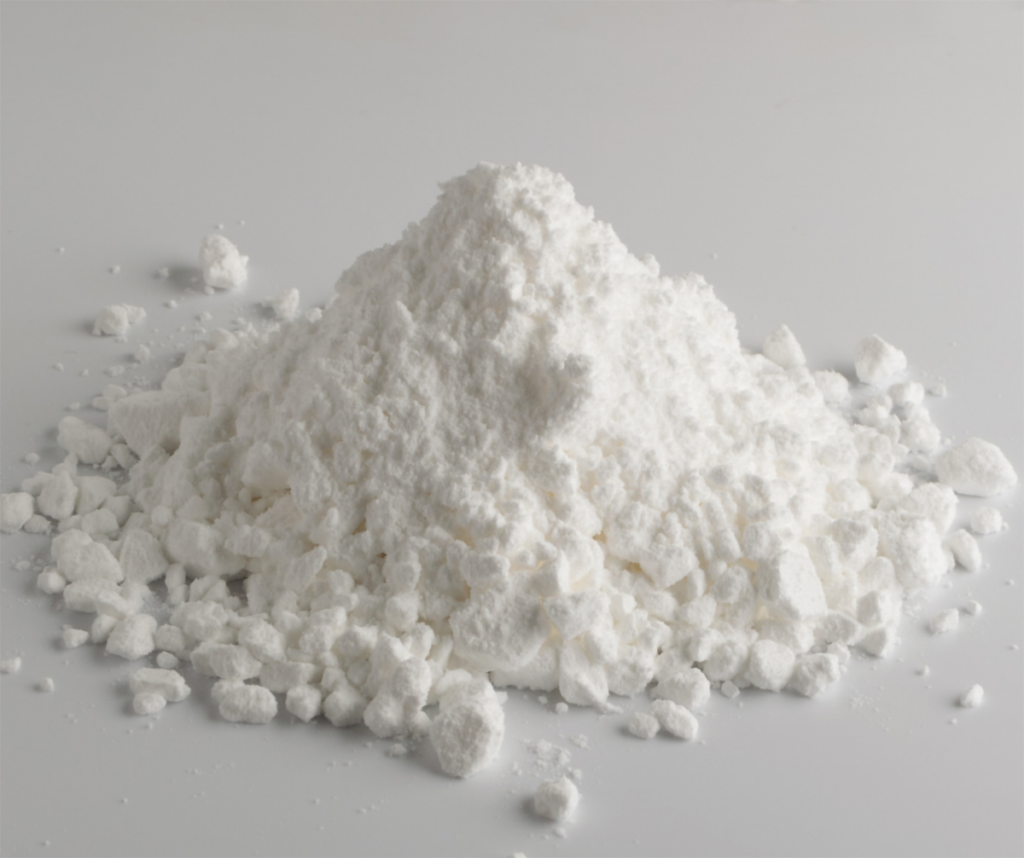Learn All About Diatomites
Diatomite
Fossilized algae that has many uses.
Fossilized algae that has many uses.

Diatomite is the naturally occurring fossilized remains of diatoms, and the mineral is found in thousands of products used every day. Its high permeability and porosity, small particle size, low density, and high surface area make diatomite a great material for a wide variety of uses. Diatomite improves crops, stabilizes explosives, absorbs hazardous materials, serves as a filler in plastics and paints, adds strength to construction materials, filters impurities, and lends abrasion to cleaning and polishing products.
The Diatomite Section is represented by the International Diatomite Producers Association (IDPA), a trade association representing major manufacturers of diatomaceous earth products worldwide. Founded in 1987, IDPA is committed to the safe use of diatomaceous earth products and to advancing research and maintaining a dialogue with industry, legislators, regulatory agencies, and the scientific community in support of the safety of employees, customers, and communities.

Wait there’s more! Click below to learn about the rest of our essential minerals.